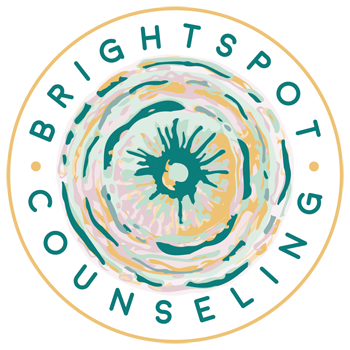Burned out? All of us are susceptible to this condition- it doesn’t discriminate and doesn’t wait for an invitation to the party, it kind of just shows up, uninvited and ruins everyone’s good time. Because it can happen to any one of us and can have a dramatic impact on your overall well-being, it’s crucial to recognize the signs, understand the role of the nervous system, and learn how to prevent burnout from taking over.
What is Burnout?
Burnout is more than just feeling tired or stressed; it’s a state of emotional, mental, and physical exhaustion often accompanied by a sense of detachment or cynicism towards one’s work or responsibilities. Some people define it as a “blah” or “heavy” feeling. Whatever you like to call it, it’s a total bummer and can really wreak havoc on your quality of life.
What Burnout Can Look Like
Physical Symptoms: Burnout often manifests physically. You may experience persistent fatigue, headaches, muscle tension, and sleep disturbances. These symptoms can be a sign that your body is struggling to cope with stress.
Emotional Exhaustion: A hallmark of burnout is emotional exhaustion. You might feel drained, emotionally detached, and cynical. Tasks that once brought you joy may now feel like burdens.
Reduced Performance: Burnout can significantly impact your ability to perform effectively at work or in daily life. Concentration becomes difficult, and you may struggle to complete tasks that used to be manageable.
Increased Negativity: Negative thoughts and feelings may dominate your mindset. You might become irritable, easily frustrated, or pessimistic about your future.
The Role of the Nervous System:
The nervous system plays a critical role in the experience of burnout. It’s divided into two main parts:
Sympathetic Nervous System (SNS): This is often referred to as the “fight or flight” system. It activates in response to stress, releasing stress hormones like cortisol and adrenaline. In chronic stress situations, the SNS can become overactive, leading to heightened anxiety and physical symptoms.
Parasympathetic Nervous System (PNS): This system is responsible for relaxation and recovery. It counters the SNS, promoting rest and digest functions. In burnout, the PNS may become underactive, making it difficult for individuals to relax and recover.
How to Avoid Burnout
Self-Care: Prioritize self-care practices like exercise, meditation, and mindfulness. These activities help balance the nervous system and reduce stress.
Set Boundaries: Learn to say “no” when necessary and establish clear boundaries at work and in your personal life. Overextending yourself can contribute to burnout.
Seek Support: Don’t hesitate to reach out to friends, family, or mental health professionals when you’re feeling overwhelmed. Talking about your feelings can provide relief and support.
Time Management: Improve your time management skills to prevent excessive workload and stress. Prioritize tasks, delegate when possible, and avoid multitasking.
Take Breaks: Regular breaks during work or study can help prevent burnout. These short pauses allow your nervous system to reset and recharge.
Set Realistic Goals: Be realistic about what you can accomplish in a given time frame. Setting achievable goals reduces the pressure that can lead to burnout.
Burnout is a real and pressing concern for mental health, affecting individuals across various walks of life. Recognizing the signs and symptoms of burnout and understanding its impact on the nervous system is crucial for prevention and recovery. By incorporating self-care, setting boundaries, and seeking support, you can actively work towards avoiding burnout and maintaining your mental well-being in today’s demanding world. Remember that your mental health matters, and taking proactive steps can make a significant difference in your overall quality of life. If you are looking for support on managing your burn out, please reach out to us at Bright Spot Counseling in Farmington Hills, Michigan. Our therapists use multiple approaches in treating burnout (CBT, EMDR, Brainspotting to name a few!).





